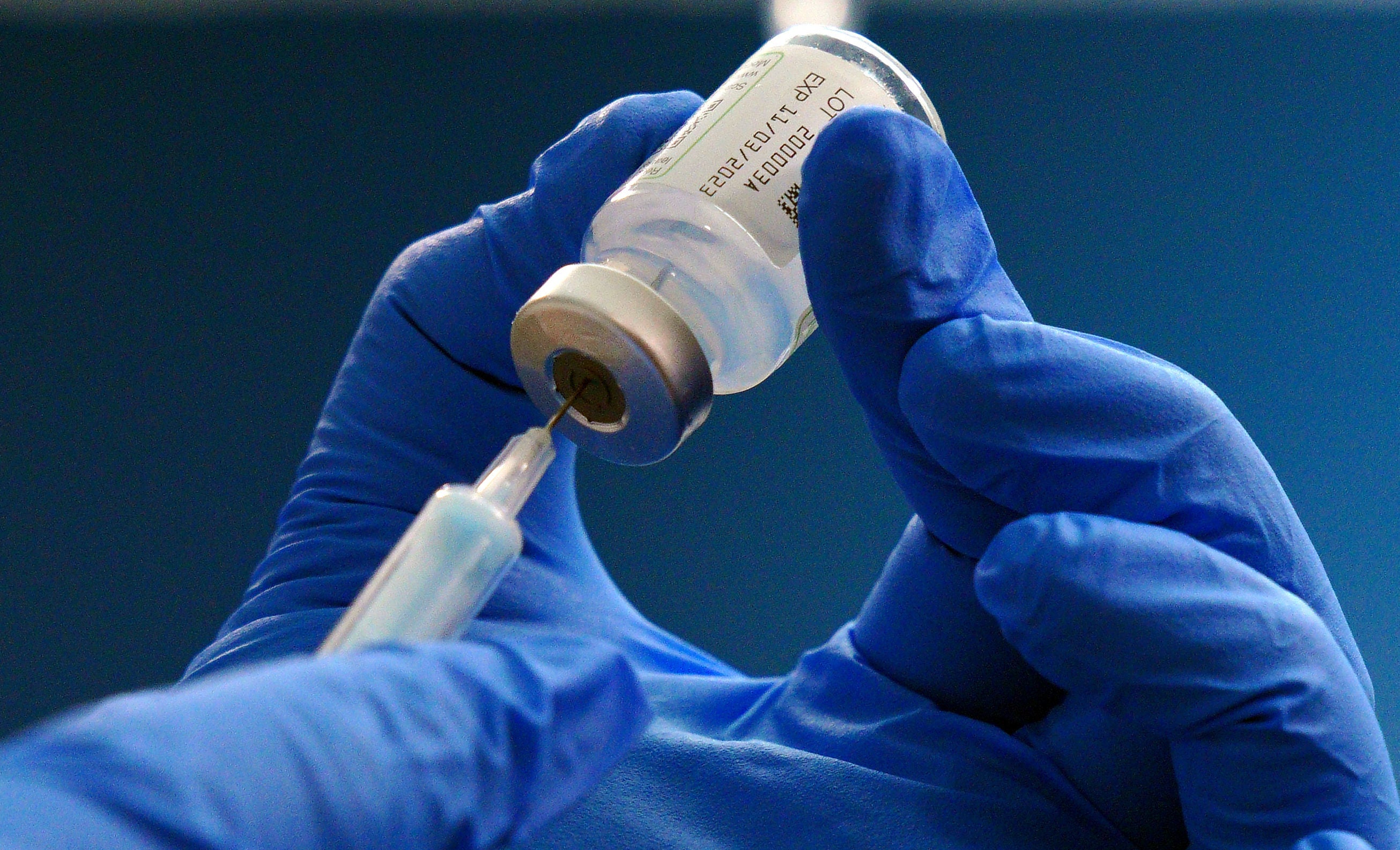New ‘Pirola’ Covid case found in UK as variant detected in wastewater
The BA.2.86 variant, which has multiple mutations, has been detected in eight countries so far
Your support helps us to tell the story
From reproductive rights to climate change to Big Tech, The Independent is on the ground when the story is developing. Whether it's investigating the financials of Elon Musk's pro-Trump PAC or producing our latest documentary, 'The A Word', which shines a light on the American women fighting for reproductive rights, we know how important it is to parse out the facts from the messaging.
At such a critical moment in US history, we need reporters on the ground. Your donation allows us to keep sending journalists to speak to both sides of the story.
The Independent is trusted by Americans across the entire political spectrum. And unlike many other quality news outlets, we choose not to lock Americans out of our reporting and analysis with paywalls. We believe quality journalism should be available to everyone, paid for by those who can afford it.
Your support makes all the difference.A new “Pirola” Covid case has been detected in the UK as traces of the variant have been detected in wastewater.
The new coronavirus strain – also known as Covid BA.2.86 – was first placed on monitoring lists by the World Health Organisation (WHO) and the UK Health Security Agency (UKHSA) last month, with Britain’s first case detected in London.
The latest case was detected in England, UKHSA data up to 31 August states, taking the total number of cases so far in the UK to three. The variant has been detected in eight countries, with 10 cases in Denmark, four in Sweden, four in the US, two in Portugal, two in South Africa and one in Canada and Israel respectively.

Dr Maria Van Kerkhove, an epidemiologist and lead for the Covid response at the WHO, said very limited information was available about the newly discovered strain. However, symptoms are understood to include a runny nose, headache, fatigue, sneezing and a sore throat.
The UKHSA said the UK cases do not appear to have been contracted abroad. Each infection was identified through hospital testing and the patients had “no known recent travel history through routinely collected data”.
The health agency said the first UK case reported feeling “mildly unwell”, while the second case had no respiratory symptoms. The third, located in Scotland, was described as “symptomatic”.
The UKHSA added that the variant has also been detected in the wastewater of multiple countries, which means it is being shed by those who carry the virus, but it did not specify the locations.
The strain, also referred to as BA.X, was discovered through genetic sequencing, a process where scientists determine the building blocks of a molecule’s DNA.
The latest case comes after a UK scientist warned that Britain has “let its guard down” and is “quite blind to what is going on” with Covid, expressing concern about the return of children to schools and adults to offices following the summer holidays.
Professor Lawrence Young, of the University of Warwick, said there was “a general misplaced view that there is no longer a need to be worried about Covid”.
“One way of controlling infection is to have at least some idea of where you’re seeing particular outbreaks and might be able to introduce precautionary measures to prevent the virus spreading further – but you have to know where it is,” Professor Young said.
“This new [variant] is popping up all over the place at the moment but we’re not monitoring it in the population.”
Monitoring of the virus by the Office for National Statistics was wound down in March but the Zoe Health Study estimates that infections spiked by nearly 200,000 cases last month, rising to around 785,000 on 27 July.
Covid-related hospital admissions are now running at their highest rate for three months.




Join our commenting forum
Join thought-provoking conversations, follow other Independent readers and see their replies
Comments